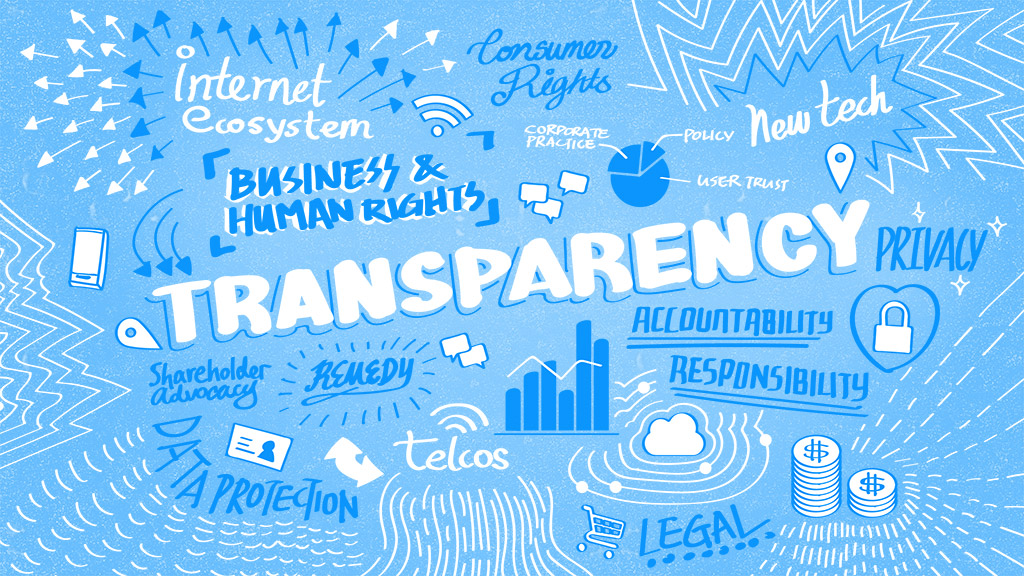Internet services giant Yandex recently released its first transparency report that discloses the number of requests the company received from Russian authorities to hand over user data and Yandex’s response. The move makes Yandex, a leading provider of search and email services, the first major tech company in Russia to release a transparency report.
“Our daily lives exist online, making us targets for surveillance and other practices that affect our fundamental rights. We demand greater transparency from the companies that hold our most deeply intimate data on how they counteract the threats to our free expression and privacy,” said Isedua Oribhabor, Policy Analyst at Access Now. “By releasing a transparency report, Yandex is distinguishing itself from its peers in Russia and taking an important step towards upholding its responsibility to protect people that rely on its service.”
Transparency reporting is one of the most impactful ways for companies to disclose threats to free expression and privacy, which is why Access Now and Ranking Digital Rights (RDR) called on Yandex to disclose how it handles government requests for user data. The RDR 2019 Corporate Accountability Index ranked Yandex in 8th place out of the 12 mobile and internet ecosystem companies evaluated, noting that although there were no legal barriers, Yandex did not sufficiently disclose how it responds to government requests.
“The company is addressing a critical transparency gap here,” said Jan Rydzak, Company Engagement Lead and Research Analyst at Ranking Digital Rights. “We welcome this transparency report as a clear sign of progress. At the same time, we urge Yandex to build on it by breaking its disclosures down by country, disclosing the number of accounts affected, and adding more granular information that will enable it to better safeguard and respect users’ human rights.”
Notably, while smaller Russian tech platforms like Habr and Pikabu released transparency reports, Russian internet services giant Mail.Ru (and subsidiary VKontakte), which ranked last among the 12 mobile and internet ecosystem companies evaluated on the 2019 RDR Index, has yet to act despite promises made in 2018.
